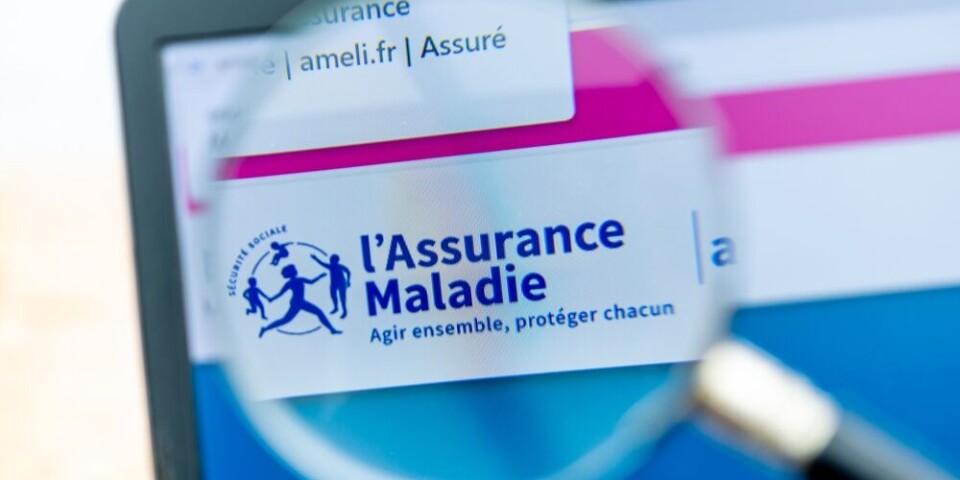New powers to issue fines proposed for France's municipal police
Agents may soon be able to issue fines for graffiti, driving without a licence, and taking alcohol into sports stadiums
Police officers will check on your home daily, to spot signs of trouble
gabriel12 / Shutterstock
Municipal police officers might soon be able to issue fines
for graffiti, driving without a licence, and taking alcohol into sports
stadiums under a government-sponsored bill due to be presented in September.
The bill has received backing from the largest body
representing French mayors.
Its biggest proposed change is to the status of municipal
police officers, who would be able to issue fines for serious offences
classified as délits, instead of being limited to fines for more minor
contraventions.
As things stand, if a municipal police officer detains
someone for a délit, they must hand them over to either the gendarmes or the
national police for the fine to be issued.
The Association des Maires de France (AMF) wants municipal
officers to be able to fine people for offences including graffiti, driving
without a licence or without insurance, and illegally occupying part of a
building, especially where it is being used by drug dealers, rather than
general squatting.
Other examples include selling on the pavement, shoplifting,
obstructing a road, carrying and transporting illegal arms, taking fireworks or
alcohol into a sports stadium, invading a sports ground, and aggravated sexist
or sexual abuse.
There is no guarantee, however, that the bill will be passed
– France has a minority government, and the powers and roles of municipal
police forces have long been a political football.
What is the difference between police and gendarmes?
In France there are three main police services: Gendarmerie, Police nationale and Police municipale.
- La Gendarmerie is a national force that operates from barracks, with missions typically in rural and suburban areas and on motorways. As a military force, officers are often armed and must be ready to intervene at any time.
- Police nationale is the police service in large towns that investigates criminal and administrative offences and manages public order violations. Its officers are public officials. Its role overlaps with that of the Gendarmerie.
- Police municipale is a local police force present in many communes that operates under the guidance of the local authority, typically to maintain public order and enforce local bylaws.
Municipal police, as we know
them today, were introduced in the 1980s by a few towns and cities with
right-wing mayors.
It was a protest against what were claimed to be lax law-and-order
policies of then socialist president François Mitterrand.
From 560 municipal
police officers in 1984, numbers have grown to 28,000 in 4,500 communes where
councils have voted for them.
They are under the orders of the mayor. In 56% of communes,
they are armed with guns for self-defence.
In others, non-lethal weapons including tasers, batons and
flash-balls are carried.
AMF said the proposed bill was needed because of state
disengagement in matters of security over the last dozen years.
It has meant more public safety issues are being dealt with
by the municipal police.
They are notably in charge of video-surveillance in
towns and cities, for example.
However, AMF warned that unless more funding followed along
with extra powers, the system would fail.
AMF also called for gardes champêtres – officers who work on
their own in rural communes combining ordinary policing and environmental
protection roles – to be included in the reform, with powers to have illegally
parked vehicles towed away.

























